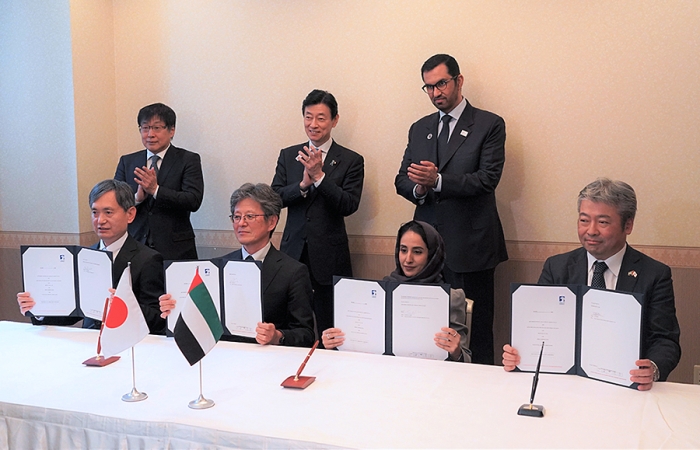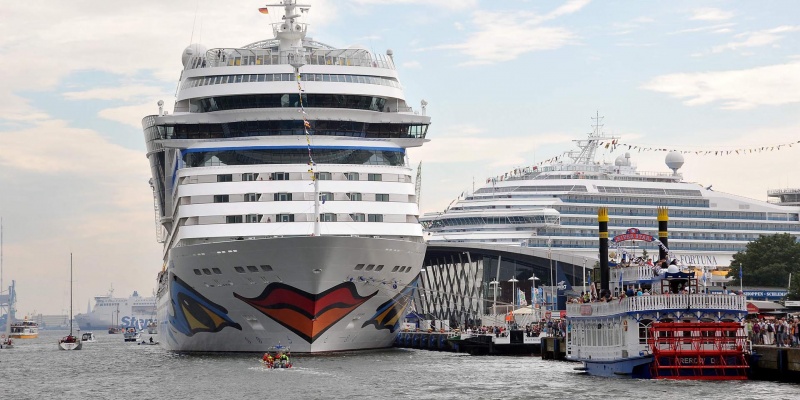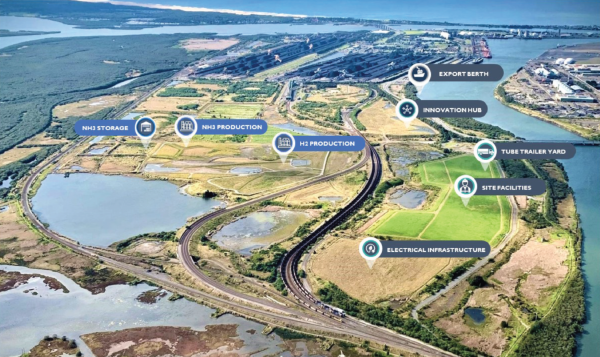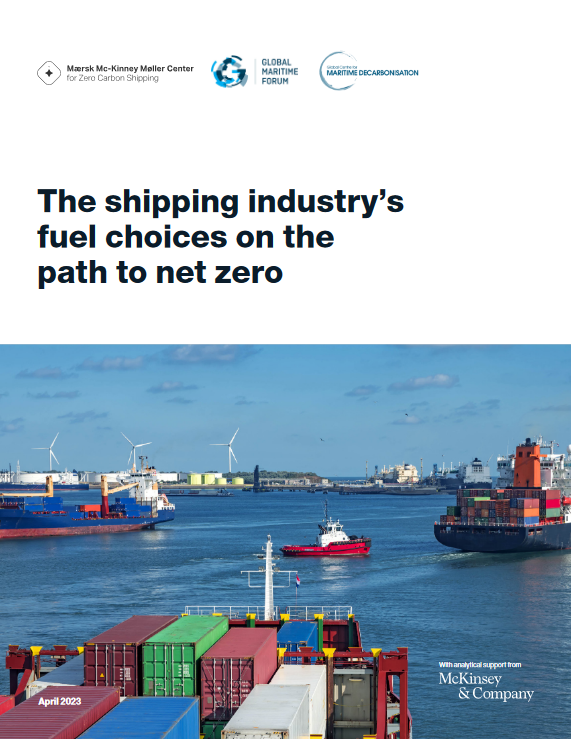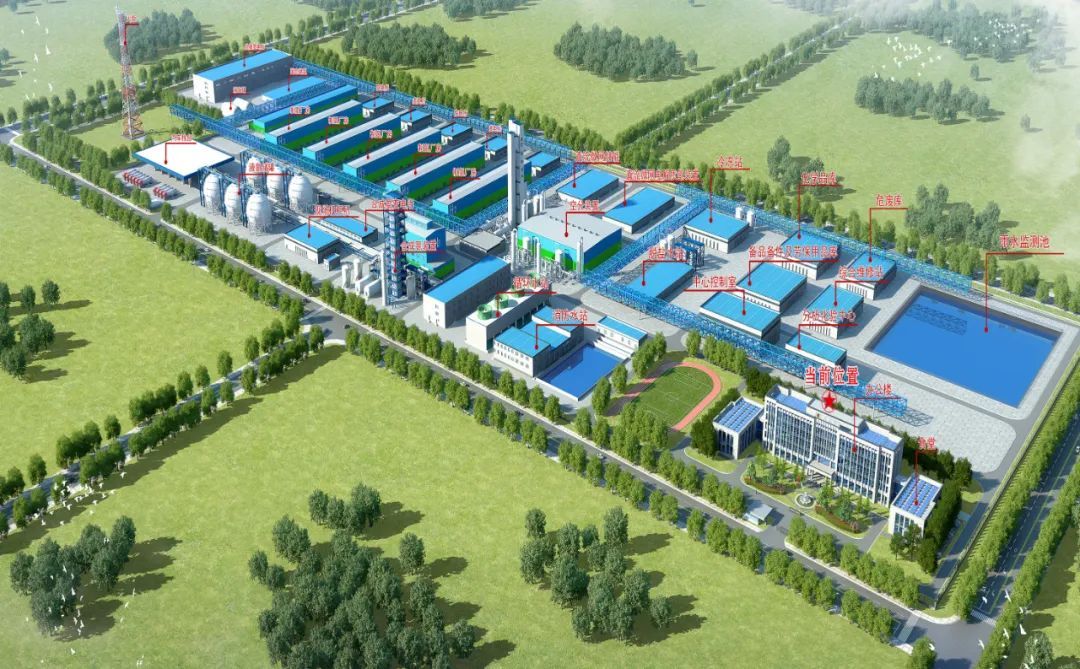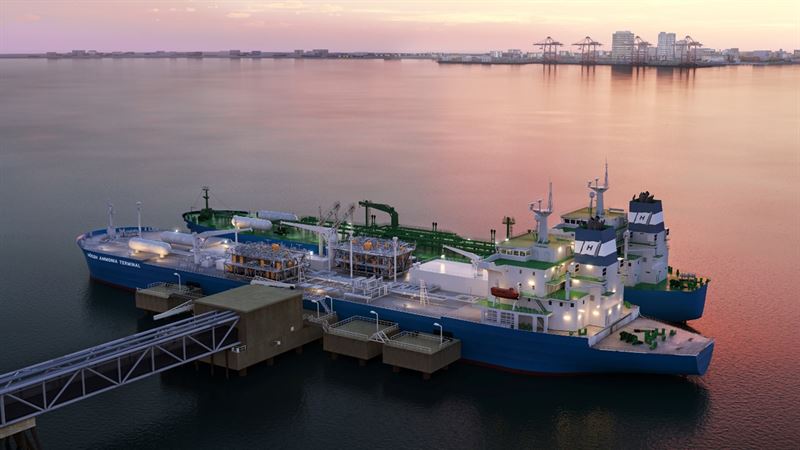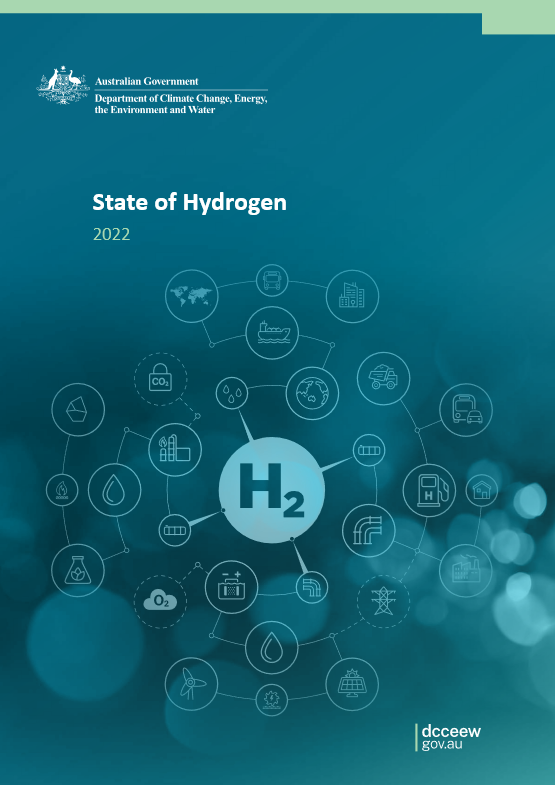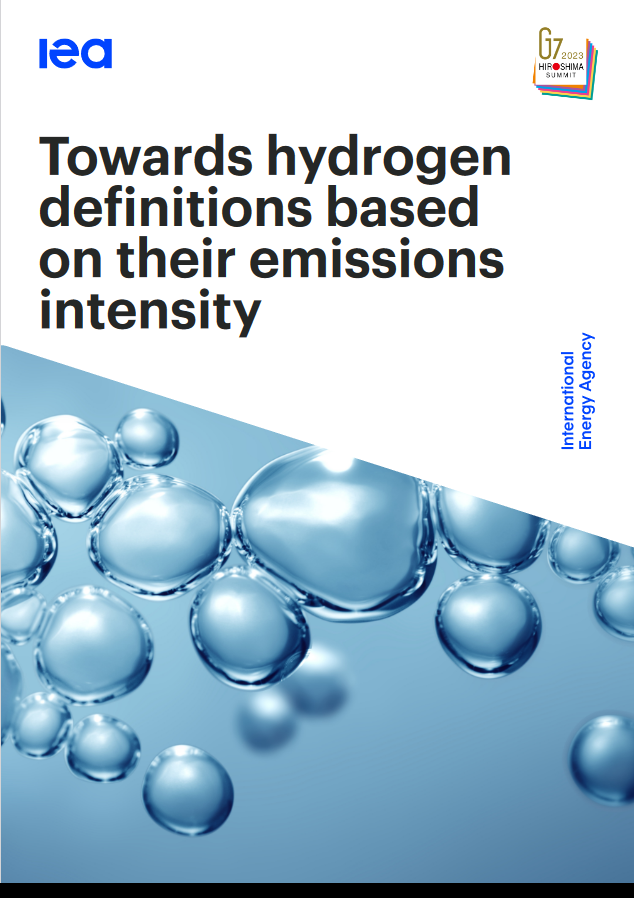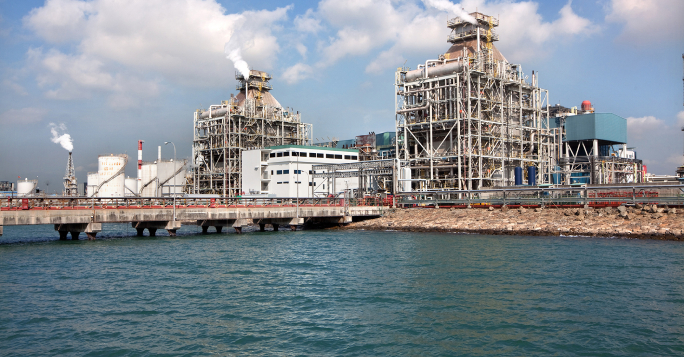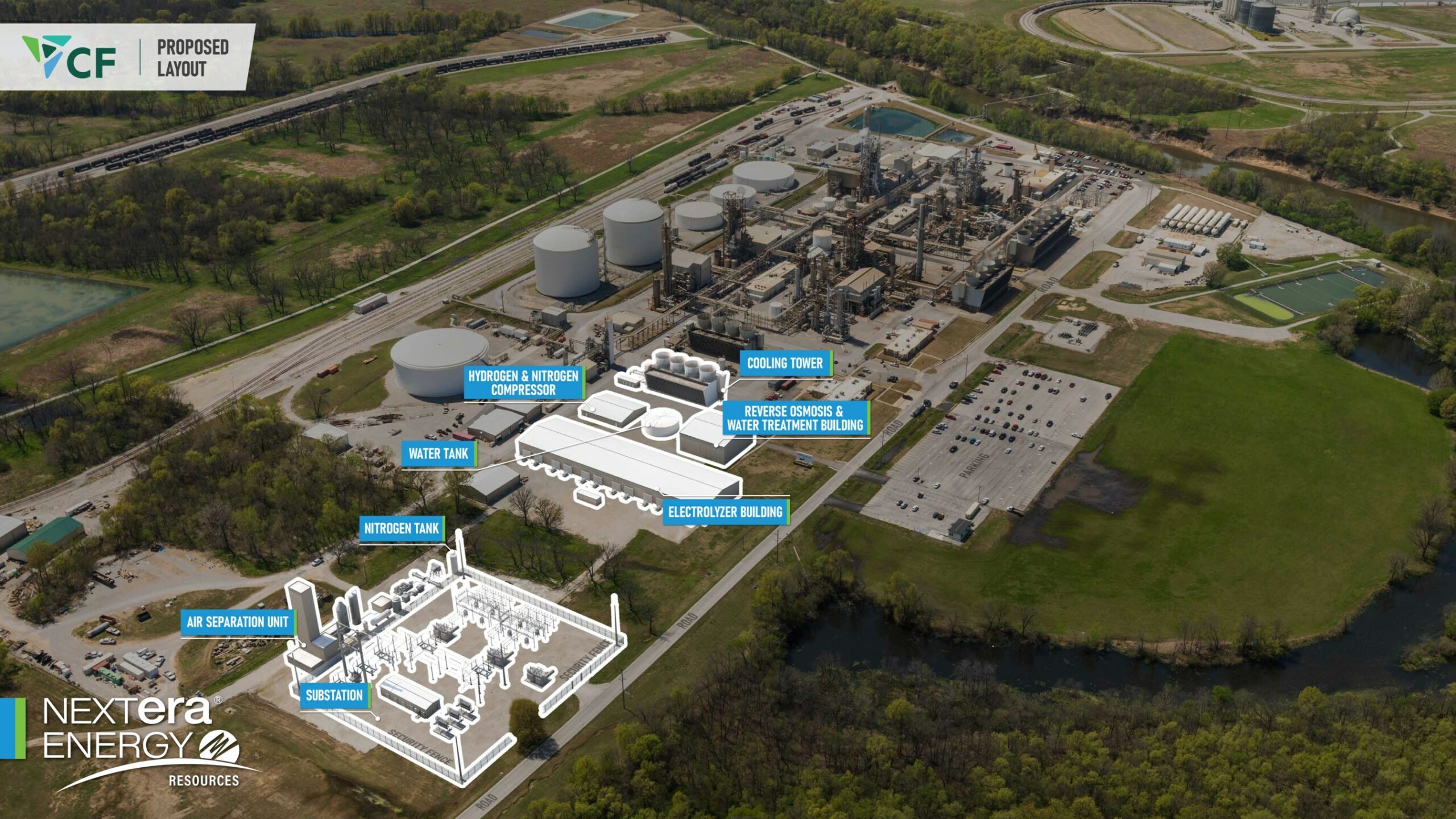Ammonia supply chain between the Middle East & Japan takes shape
Mitsui & Co., INPEX and Japanese government agency JOGMEC will partner with ADNOC to verify the emissions intensity of ammonia produced at a new project in al-Ruwais, UAE. The final methodology is likely to reflect the definition of clean ammonia currently being developed in Japan. Shipments of CCU-based ammonia have arrived in Japan & India in recent weeks from SABIC in Saudi Arabia, further highlighting the potential of Middle East supply chains.
